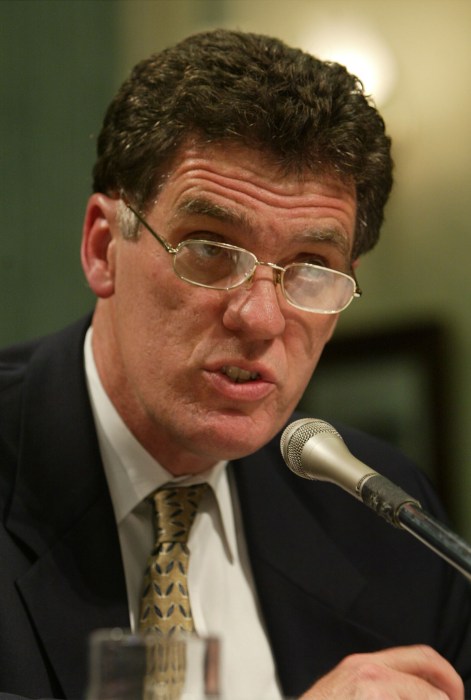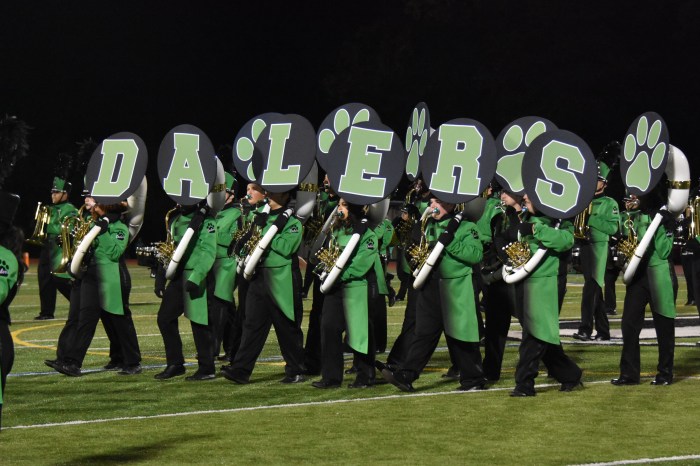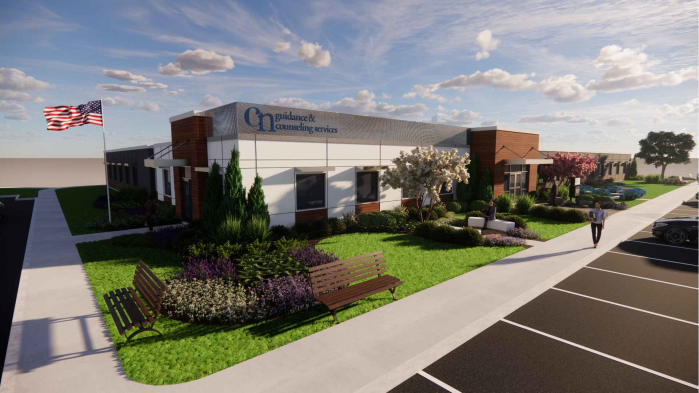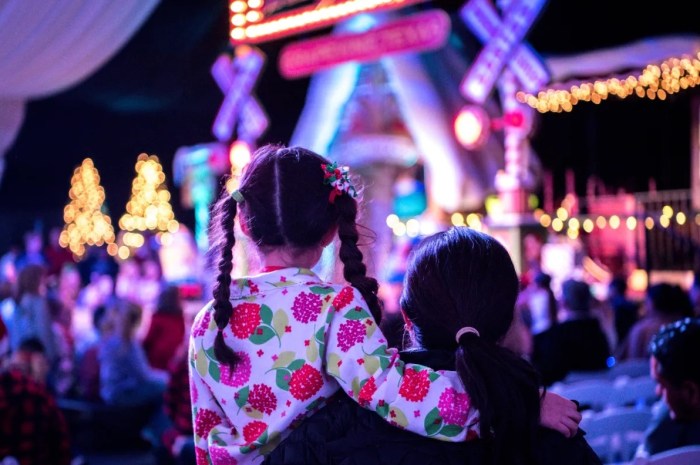
While the year 2017 has represented a great many things to a great many people, the year represents one especially important milestone to many local residents in particular—the 175th anniversary of the founding of the Farmingdale United Methodist Church, an institution that has come to represent a cornerstone of selfless charity and goodwill within the community over the course of its long and rich existence.
Situated in a lovely gothic structure on the corner of Main Street and Grant Avenue, Farmingdale United Methodist will be welcoming new pastor Joseph Ewoodzie on July 1 of this year; previous pastor, Gunshik Shim, will be retiring after five years of service to his congregation. But one thing that will remain unchanged as the church faces a brave new future is its commitment to serving the community that they’ve called home for the better part of the past two centuries.
Over the course of its history, the church has made every effort to listen to the needs of the community that they serve, and to tirelessly provide as much humanitarian aid as possible for those less fortunate, according to church trustee Karen Newman.

“We run a Soup Group every Sunday from 1 to 3 p.m….anyone can come to the church and get a hot meal, including bread and leftovers to take home. And every year we participate in the annual Community Response On Poverty walk, we have a nursery and church school, an English as a Second Language class, and we’re involved with Habitat for Humanity building houses, including for Superstorm Sandy recovery…and so much more,” she said. “Whatever we perceive as a community need that we can provide, we try to do it. We have outreach, and we try to satisfy any need that the community has. We support food drives, a prayer room that’s open to the public, anything we can do to help and serve our neighbors.”
To mark the momentous occasion of its 175th anniversary, the church held a gala celebration and dinner hosted by Village Mayor Ralph Ekstrand and attended by more than 100 supporters; this included former pastors and members of the congregation, some traveling from as far as Hawaii to visit their old parish during this milestone event.
 However, there’s far more to this anniversary than a simple party; Newman felt that it was time to lay bare the deep history of the church for the community, and set about to craft a comprehensive account of its creation and how it has changed and grown over the years. To that end, Newman was forced to summon her inner gumshoe and actively track down and decipher snippets of history— a photograph here, a document there—to form a timeline chronicling the journey of Farmingdale United Methodist Church from its humble beginnings to what it is today.
However, there’s far more to this anniversary than a simple party; Newman felt that it was time to lay bare the deep history of the church for the community, and set about to craft a comprehensive account of its creation and how it has changed and grown over the years. To that end, Newman was forced to summon her inner gumshoe and actively track down and decipher snippets of history— a photograph here, a document there—to form a timeline chronicling the journey of Farmingdale United Methodist Church from its humble beginnings to what it is today.
“We had meticulous records from way back—some actually written in fountain pen ink—and I had to go through all of them, and I created displays and a timeline made up of pictures and article clippings. However, we had all these pictures with no identification, so I went back and compared them and tried to see who the pastor was at the time…I had photos hanging in the library and I offered prizes to anyone who could identify them,” she said. “It was just culling together our history, and I created a display in our library for everything but the most fragile books and documents. This project has been in preparation for over a year, and there were papers all over, in various people’s houses, and it took time to gather it all and organize it so if it’s needed again it will be easily accessible.”
On March 29, 1842, what would eventually become the Farmingdale United Methodist Church was founded in the home of area resident Philip Ketcham; in 1843, a one-room church seating 150 parishioners was constructed at 226 Main St. where Moby Drugs currently resides today. This building evolved over the years, going through a remodeling that saw a steeple and bell added; in addition to church use, the bell would also serve as the alarm for the local fire department.
 In 1907, the Farmingdale United Methodist Church moved to its present-day location on donated land at 407 Main St.; after the new church was built—using proceeds from the sale of the previous church down the street—the structure was added to as time went by, with the inclusion of a parsonage, an education building, the New To You Thrift Shoppe and more.
In 1907, the Farmingdale United Methodist Church moved to its present-day location on donated land at 407 Main St.; after the new church was built—using proceeds from the sale of the previous church down the street—the structure was added to as time went by, with the inclusion of a parsonage, an education building, the New To You Thrift Shoppe and more.
Newman—herself a member of the church for the past 23 years—expressed her feeling of happiness at being a part of such a local institution for so long, and said that she hopes to see the church’s efforts of stewardship within the community taken up by the next generation of young parishioners, ensuring that Farmingdale United Methodist will continue to touch lives for the next 175 years and more.
“It makes you feel very humble…the one thing I took away from all of this is that I’m in awe of the faith and commitment of early people of this church…it was so strong, and they were generous, especially in a time when people really didn’t have money,” she said. “It made me to want to build the church up, as churches in general are in decline as many young people aren’t attending as much, and I don’t want to see something fail when those people sacrificed so much so many years ago.”





























